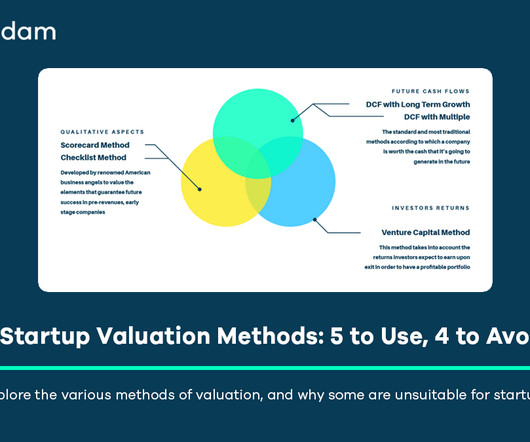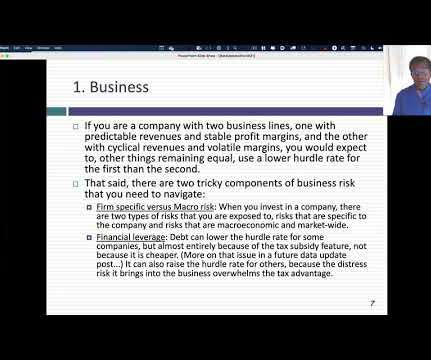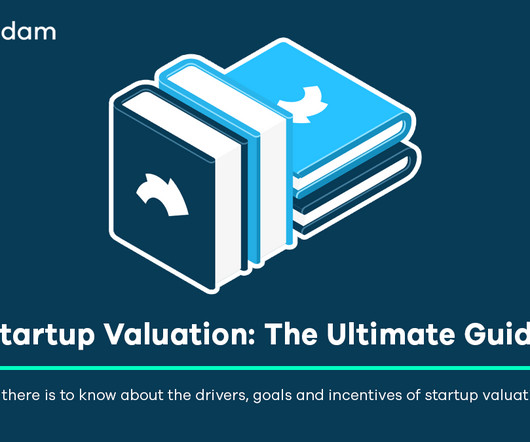9 Startup Valuation Methods: 5 to Use, 4 to Avoid
Equidam
APRIL 26, 2025
Valuation as a Process, Not Just a Number A common misconception is that startup valuation aims to pinpoint a single, definitive “right” number representing the company’s price. This bridges the gap between theoretical valuation principles and the specific risk profile of startups.











Let's personalize your content